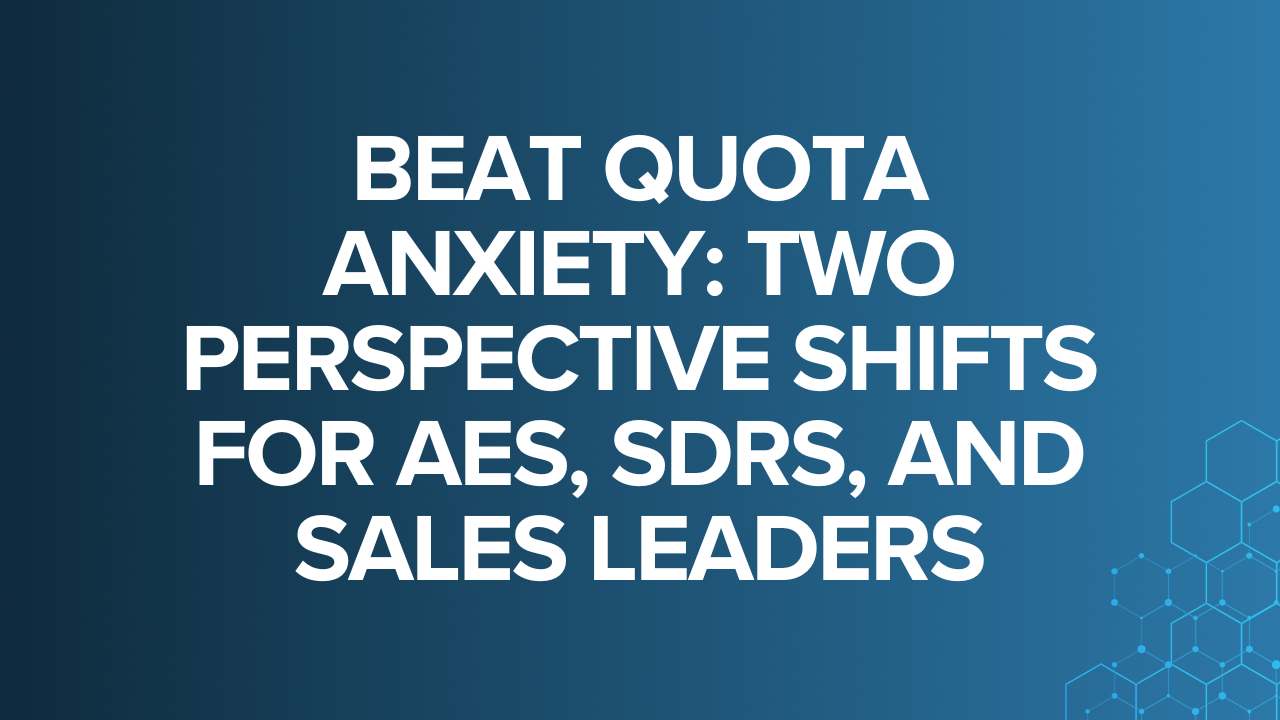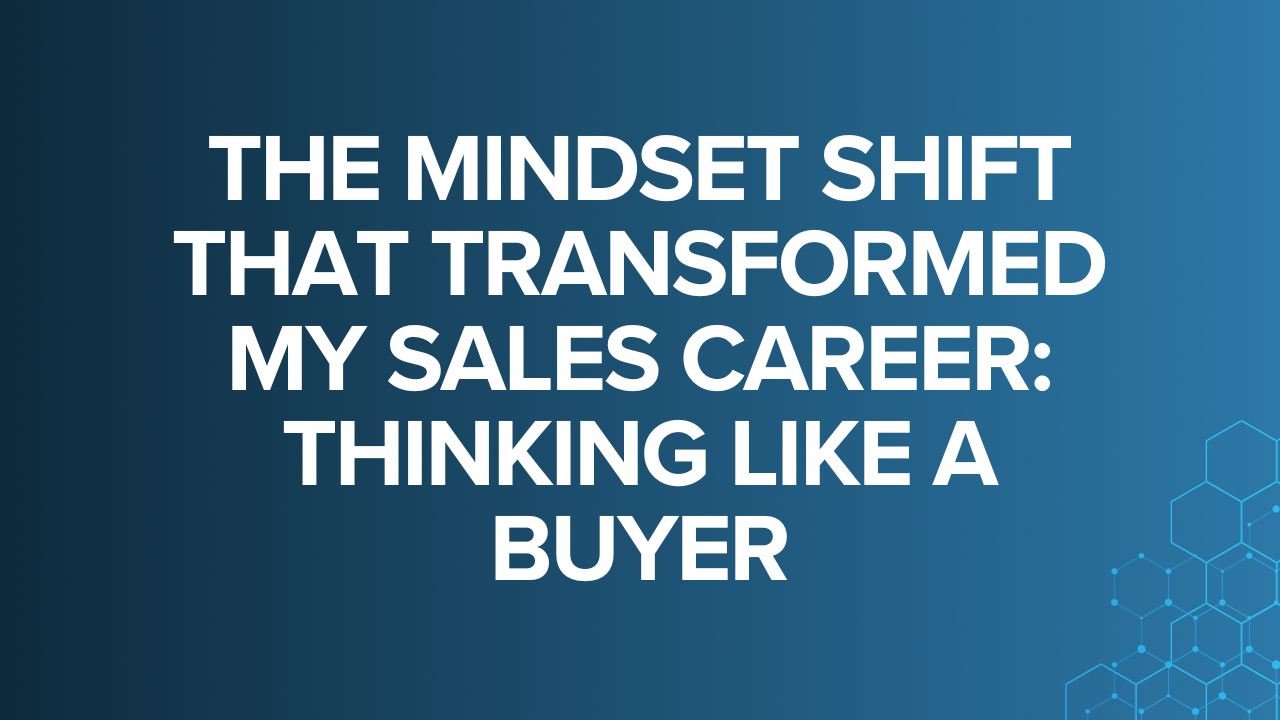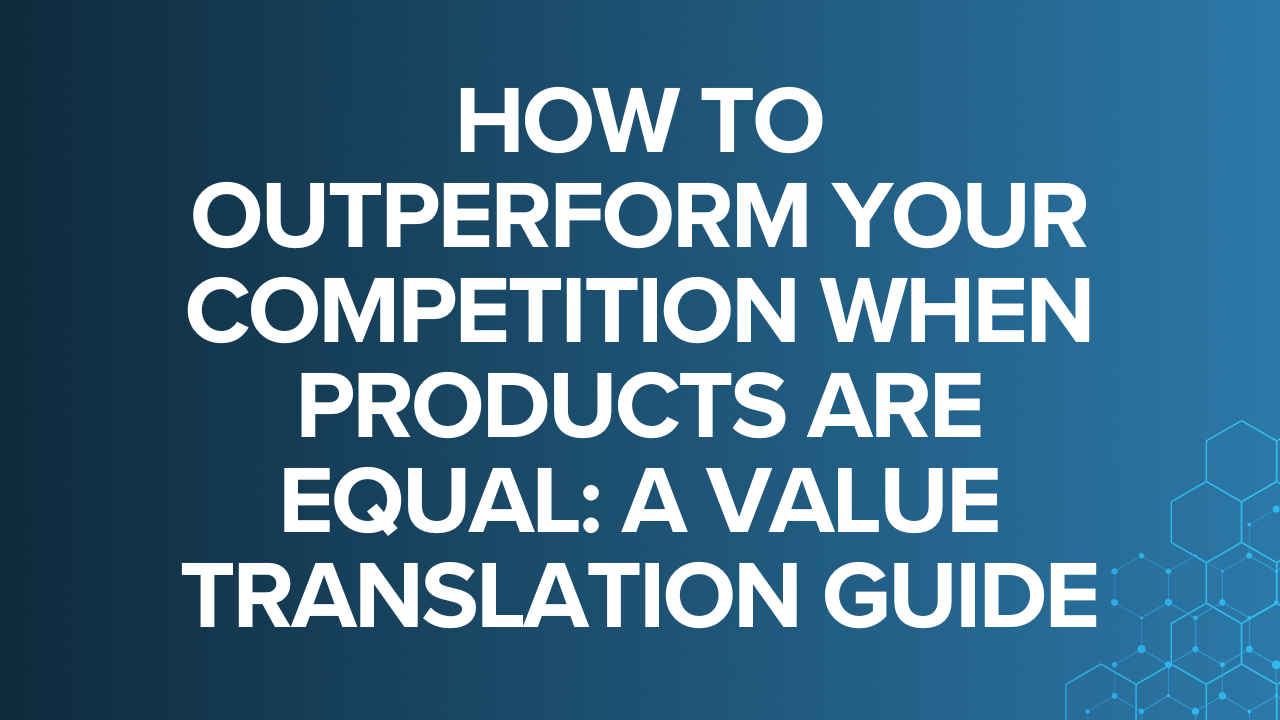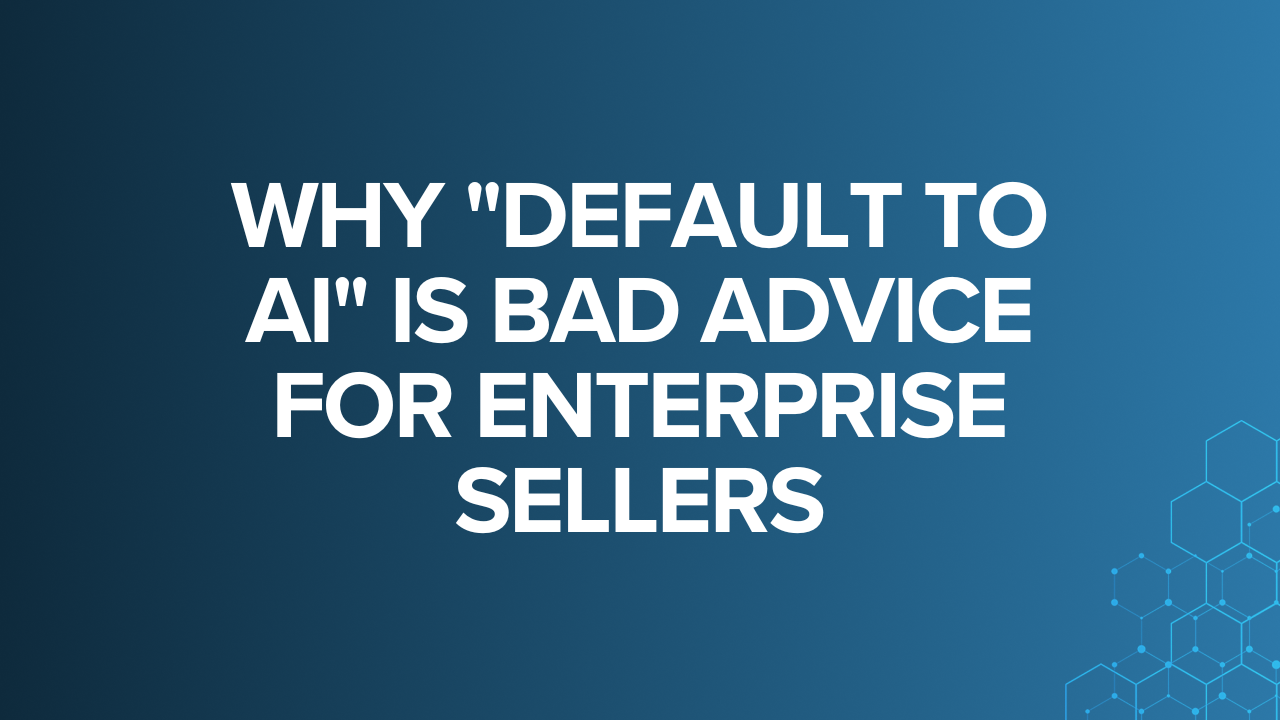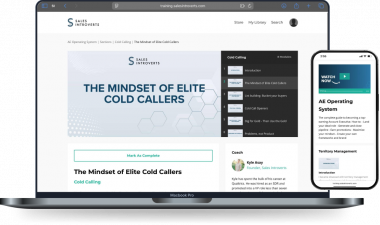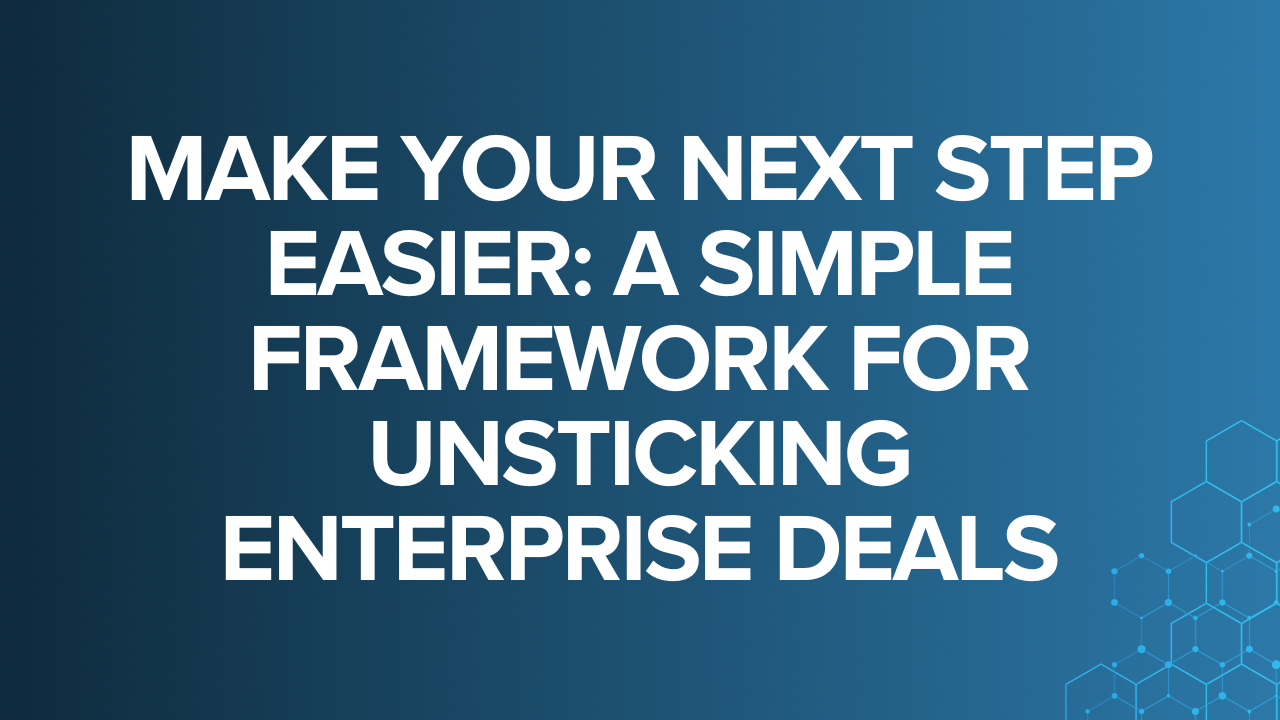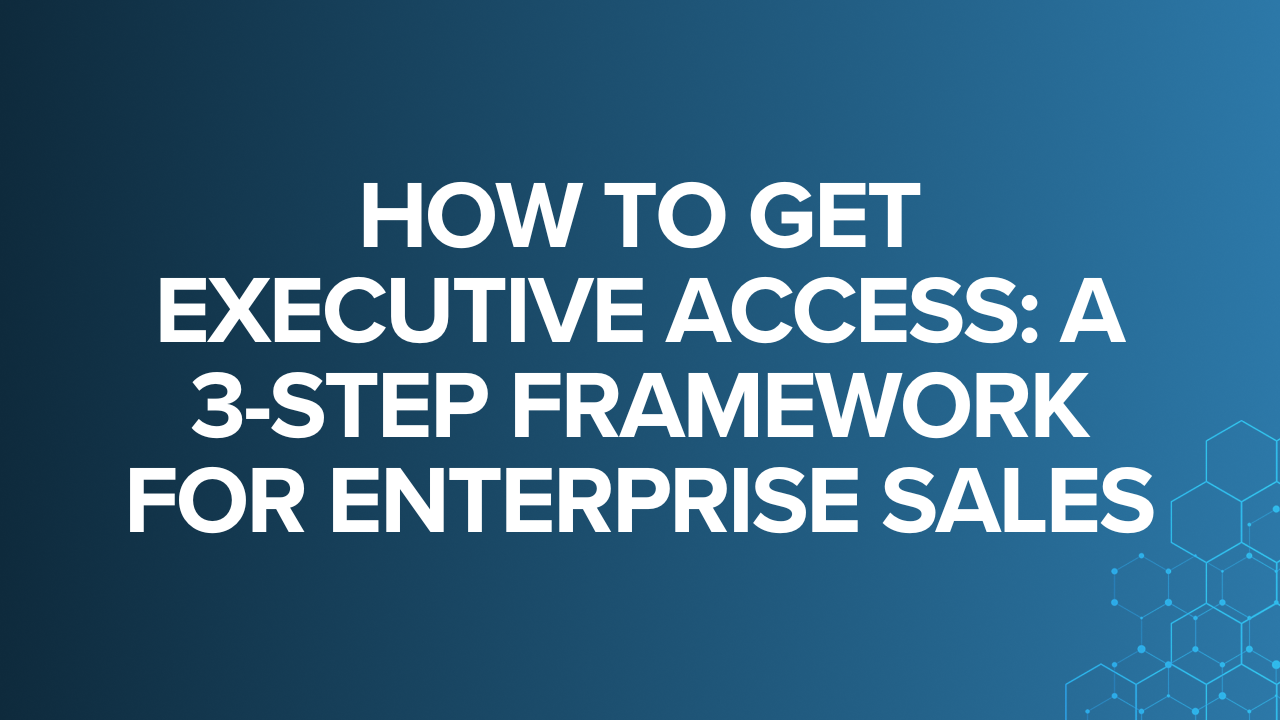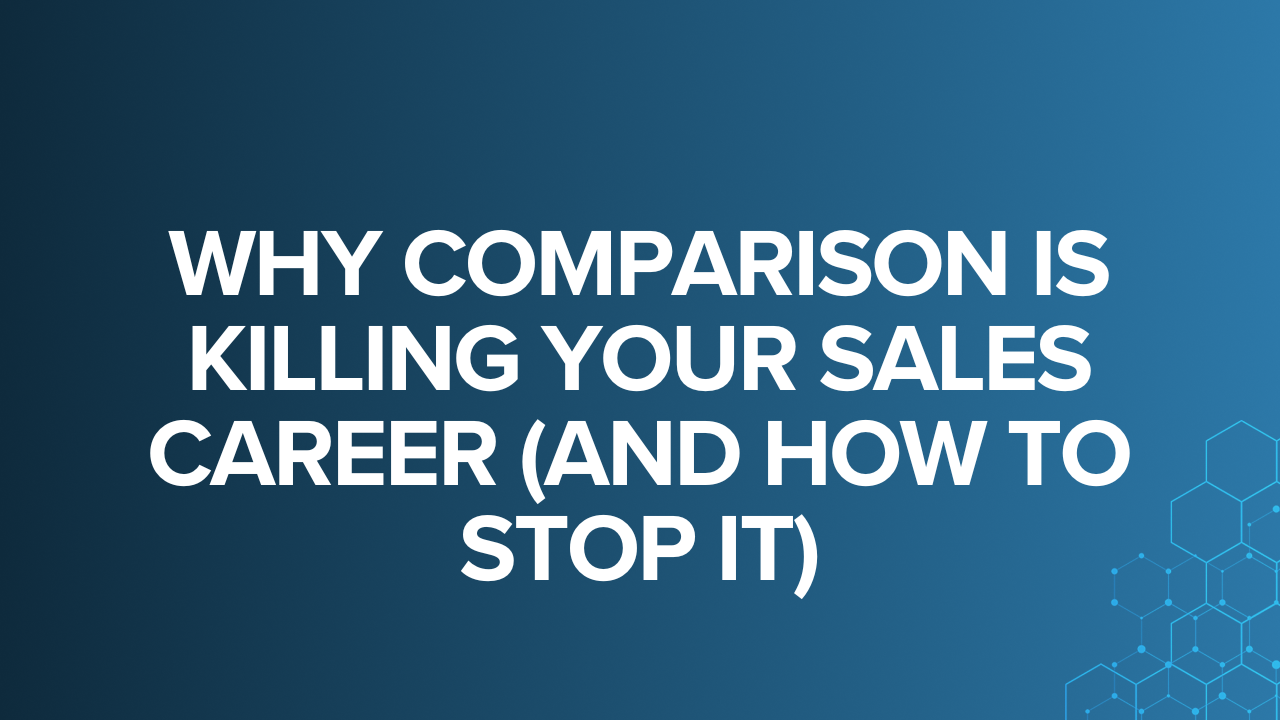I was in a skip level 1:1 the other week when I was asked, “How do you manage stress?” I shared two different “perspective shifts” I use to combat the continuous stress I experience in my role:
The “Big Picture” Shift
A few years ago, my wife walked into our baby’s nursery and screamed. I ran in to find our daughter experiencing a major seizure. In pure panic, we called 911 and held her while we waited for the ambulance to come.
As we waited for test results in the ER over the next several hours, there was nothing more important to me than her health. I could not have cared less about my career, income, investments, car, house, or any of the other “physical comforts” that we often focus on.
Fortunately, tests went well and my daughter remains in great health today.
It also exposed how poorly we prioritize mindshare:
In moments of extreme fear of losing what’s most important, it’s easy and obvious to worry less about what’s less important. No one worries about their quota when waiting for test results in the ER.
But when what’s most important is “normal,” it’s taken for granted. And we put our stress/focus on less important things.
When I’m experiencing massive levels of stress related to work, I do my best to re-center:
“As long as my family is safe and healthy, life is good. Everything else is a bonus.”
Rather than fill my mind with “what can I worry about?” I try to fill my mind with “what can I be grateful for?”
My life is so much more than SaaS agreements and quota attainment, and my stress/anxiety dissipates when my perspective shifts accordingly.
The “Great Problems to Have” Shift
Q1 and Q2 were super fun for my orgs. Every global segment blew through quota and we spent the last week of the quarter piling on after hitting target early.
Q3 is going to be a fight to the finish. I’m very confident we’ll exceed plan, and have forecasted doing so all quarter, but it’s going to come down to how we execute this week.
I could stress about all the deals we need to come through. Instead, I think about how it’s a great problem to have.
I’d much rather have the problem of “I need these deals this week to hit my number” rather than “I have no deals left in the pipeline to hit my number.”
I also love to apply this mindset to my overall role. In the world of software sales, I have a very stressful role. I’m responsible for several segments of sellers across all geographies. I carry a number that is a significant proportion of the entire company’s revenue/bookings. But whenever I start to feel stressed to the point where it impacts my happiness, I do my best to think:
“What a great problem to have.”
Lots of people would love to have the opportunity to deal with these problems. I have an awesome job, making a great living, working with people I love working with.
So shame on me if I let the stress of the role impact my happiness. And shame on me if I don’t recognize the privilege I have facing these “great problems.”
I’m nowhere near perfect at applying these shifts – I still struggle with stress and anxiety at times. But the better I get at consistently applying them, the happier I am – regardless of the outcomes I’m seeing professionally.
I have no idea the circumstances you are in today as you read this email. I don’t know the state of your health and your family’s health. I don’t know if you are in a job you love or a job you hate.
But I hope one (or both) of these shifts help you take on the stress of your life with more optimism and peace.



